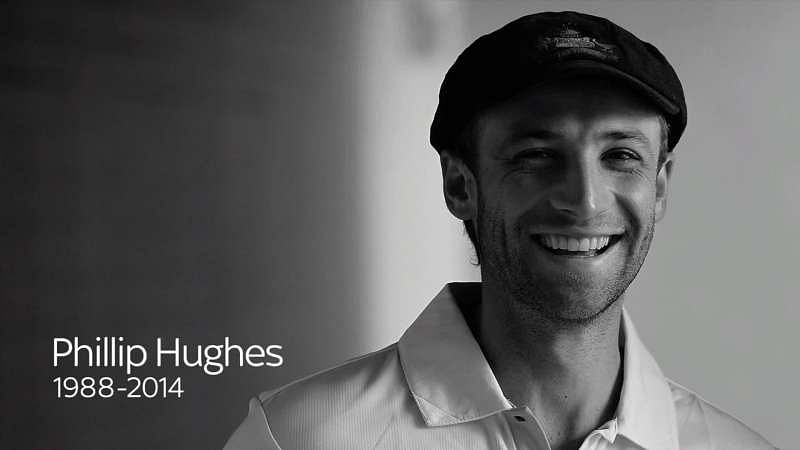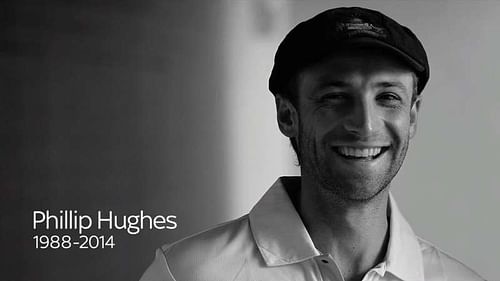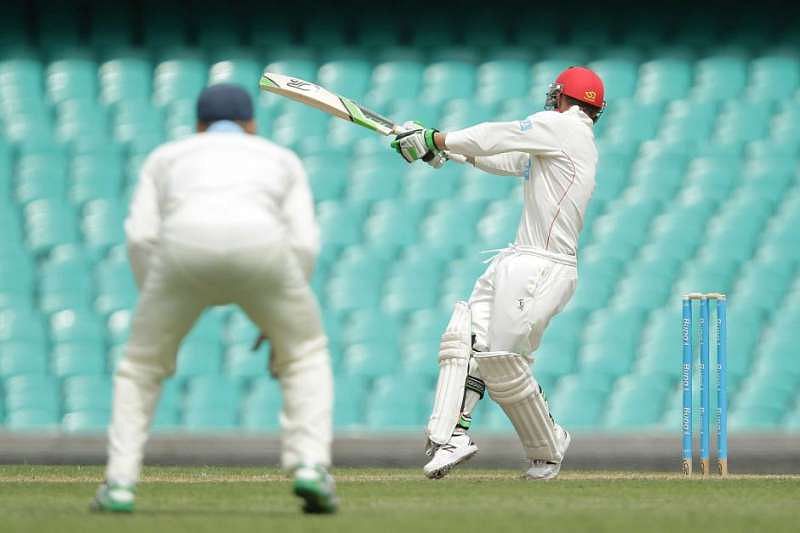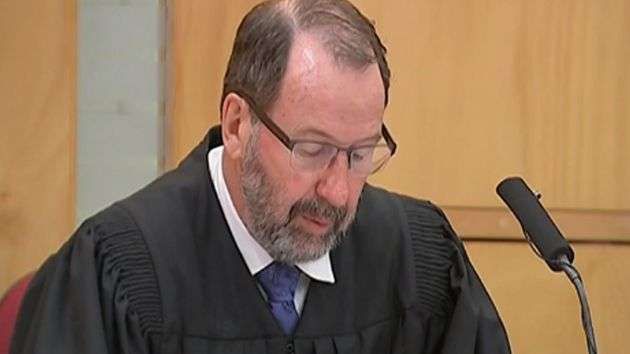
Phillip Hughes inquest: Death was a tragic accident, coroner finds
A New South Wales State Coroner has officially ruled the death of former South Australia and Australia batsman Phillip Hughes a "tragic accident", ruling out the role of sledging and pressure tactics applied by opponents New South Wales during the Sheffield Shield match against South Australia. Hughes was hit by a bouncer that resulted in his demise, and the coroner has called for a review of laws around unfair practice of short-pitched bowling in the game of cricket.
State Coroner Michael Barnes claimed sledging played no part in the batsman's passing in November 2014 after last month's inquest was marred by the issue. "The umpires, Phillip's batting partner and other players on the field all gave evidence that Phillip appeared comfortable, relaxed and in control when the threats were allegedly made," Barnes said.
"That suggested that even if the threats were made they did not affect Phillip's composure so as to undermine his capacity to defend himself against short-pitched, high-bouncing bowling and so the threats could not be implicated in his death. On that basis, no finding is made as to whether the sledging alleged actually occurred,” he further claimed.
Also read: David Warner gives statement in Phil Hughes’ inquest
Hughes was struck on the neck by a short-pitched delivery from Sean Abbott while batting for South Australia in a Sheffield Shield match against New South Wales at the Sydney Cricket Ground on November 25, 2014. He passed away, two days later on 27 November 2014, in St Vincent’s hospital in Sydney.
Rules out sledging but questions its existence in the game
The coroner said that a “minuscule misjudgement” by Hughes from a short-pitched bouncer led to his death.
“A minuscule misjudgement or a slight error of execution caused him to miss the ball which crashed into his neck with fatal consequences. There was no suggestion the ball was bowled with malicious intent. Neither the bowler nor anyone else was to blame for the tragic outcome,” Barnes said, delivering his verdict, on Friday.
The inquest had been dominated by proclamations of the Hughes family that opposition bowler Doug Bollinger had threatened the South Australia batsmen while sledging onfield, during the match.
The coroner claimed that the batsman’s family were concerned “that because he batted so successfully throughout the morning session of play, a plan was devised to try and intimidate Phillip with short pitched balls bouncing near his head and upper body”.
But he noted, “As all of the evidence about how Phillip was batting on that afternoon indicated he was not intimidated or unsettled – on the contrary he seems to have been batting very comfortably - there was no need to try and resolve the conflict in the evidence about what may have been said. It is apparent that even were the threat made, it had no effect on Phillip.”
But Barnes raised his voice against the practice of sledging in the game, and questioned the “unsavioury” practice in “such a beautiful game”.
Recommendations made by the coroner
Barnes, noting the inconsistencies in the Sheffield Shield Playing Conditions Laws regarding the short-pitched bowling, said, “It is recommended that Cricket Australia review them with a view to eliminating any anomalies and that umpires be provided with more guidance as to how the laws should be applied.”
He issued directives to improve medical response procedures at cricket grounds, citing that no ambulance had been called until after six minutes the batsman had hit the ground.
The coroner also recommended that Cricket Australia continue collaborating with helmet manufacturers to provide a neck protector that can be made mandatory at all first-class matches, but concluded that in this particular case even if Hughes had been wearing a modern helmet with more protection there was no evidence it would have saved the left-hand batsman from harm.
"It is recommended that the training of umpires be reviewed so that they can ensure medical assistance is summoned effectively and expeditiously," he further added, stressing on the improvements that need to be made.
Hughes played 26 Tests and 25 One Day internationals for the Australian cricket team.
The coroner, concluding his verdict, said, “Phillip Hughes was highly regarded throughout the cricket world as a very talented player. But of course, he was much more than just a cricketer: he was a loyal friend and a loveable bloke who is missed by many. He was a treasured member of a very close and supportive family who continue to grieve his loss deeply. I offer his family and friends sincere condolences for their terrible loss.”


